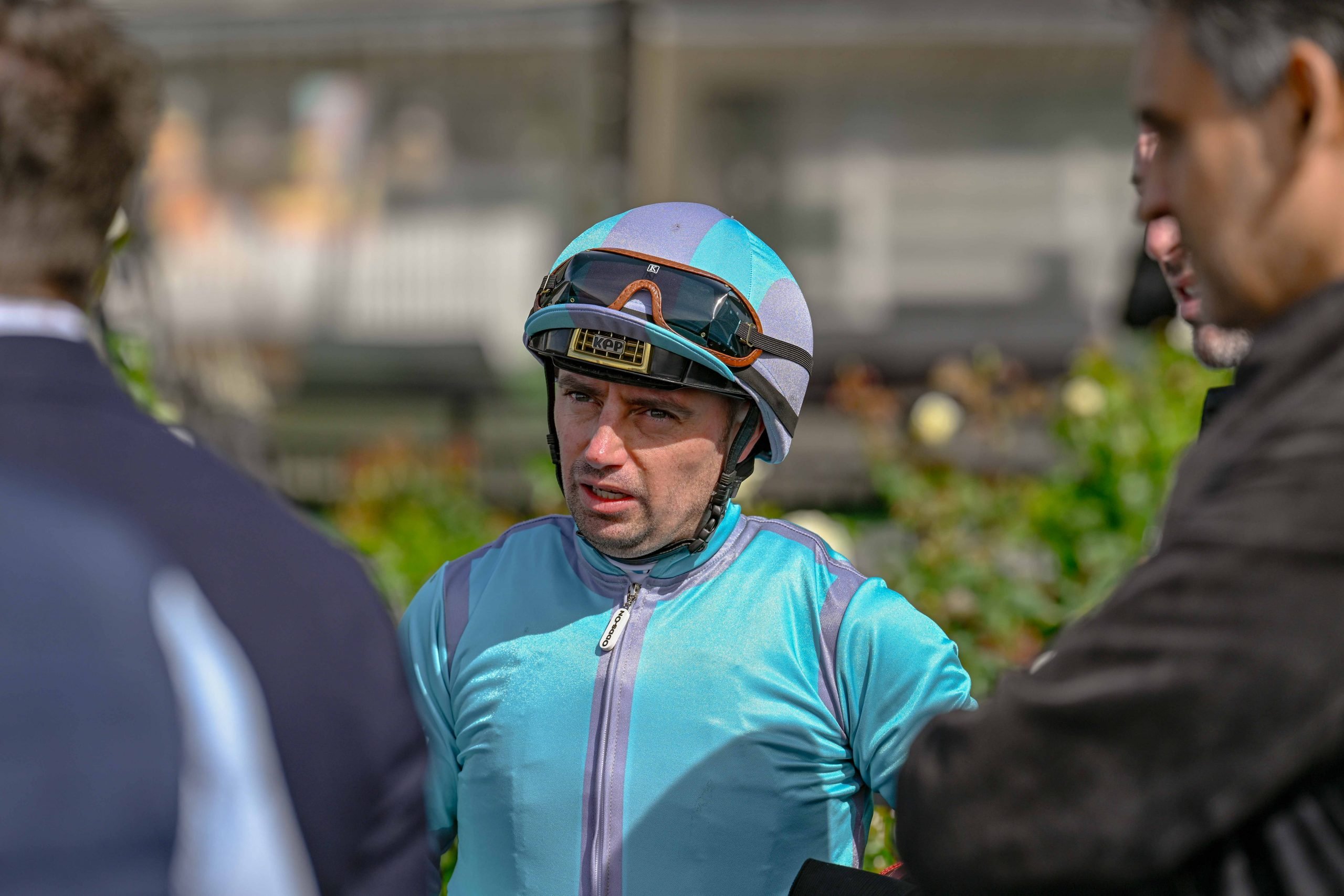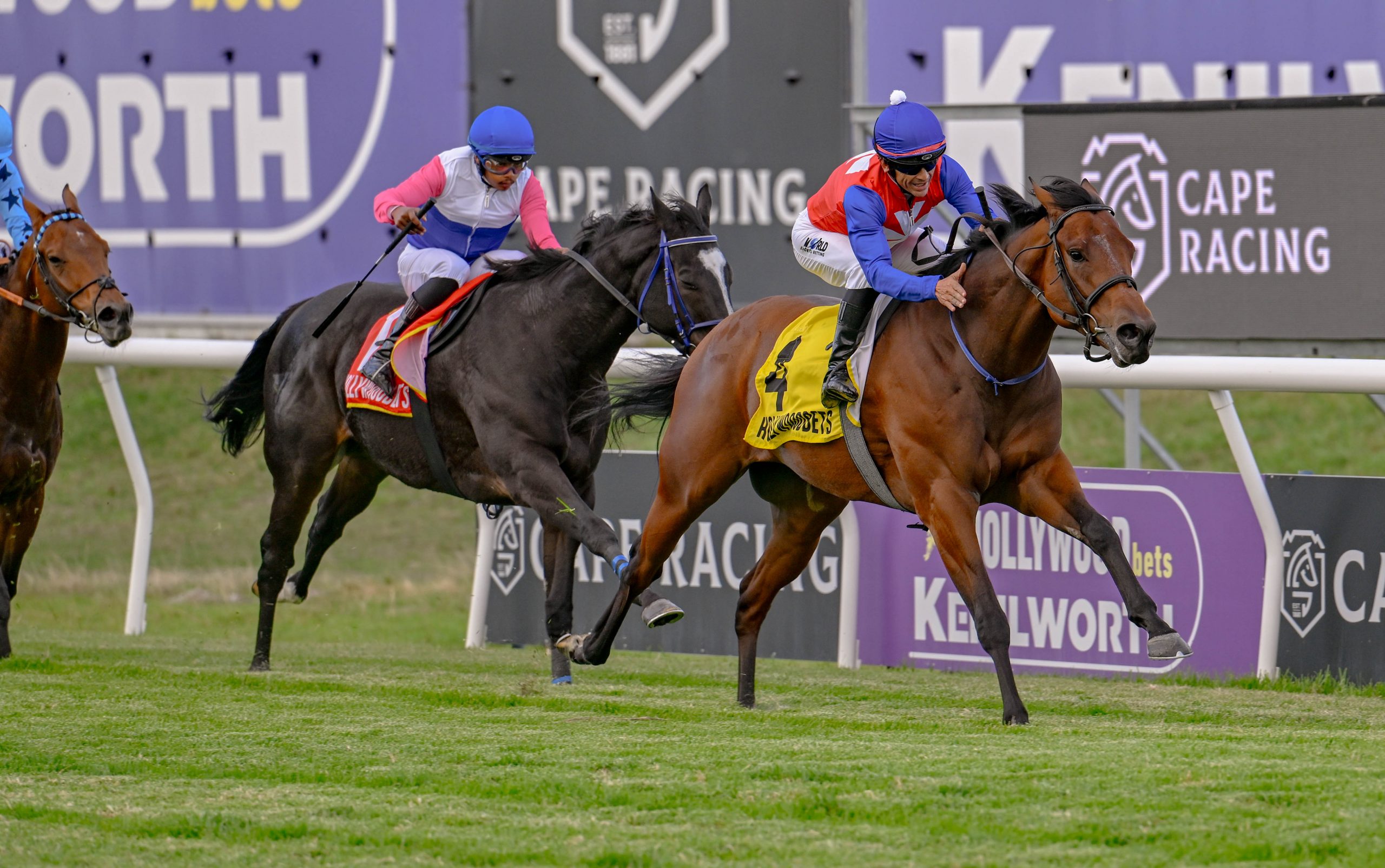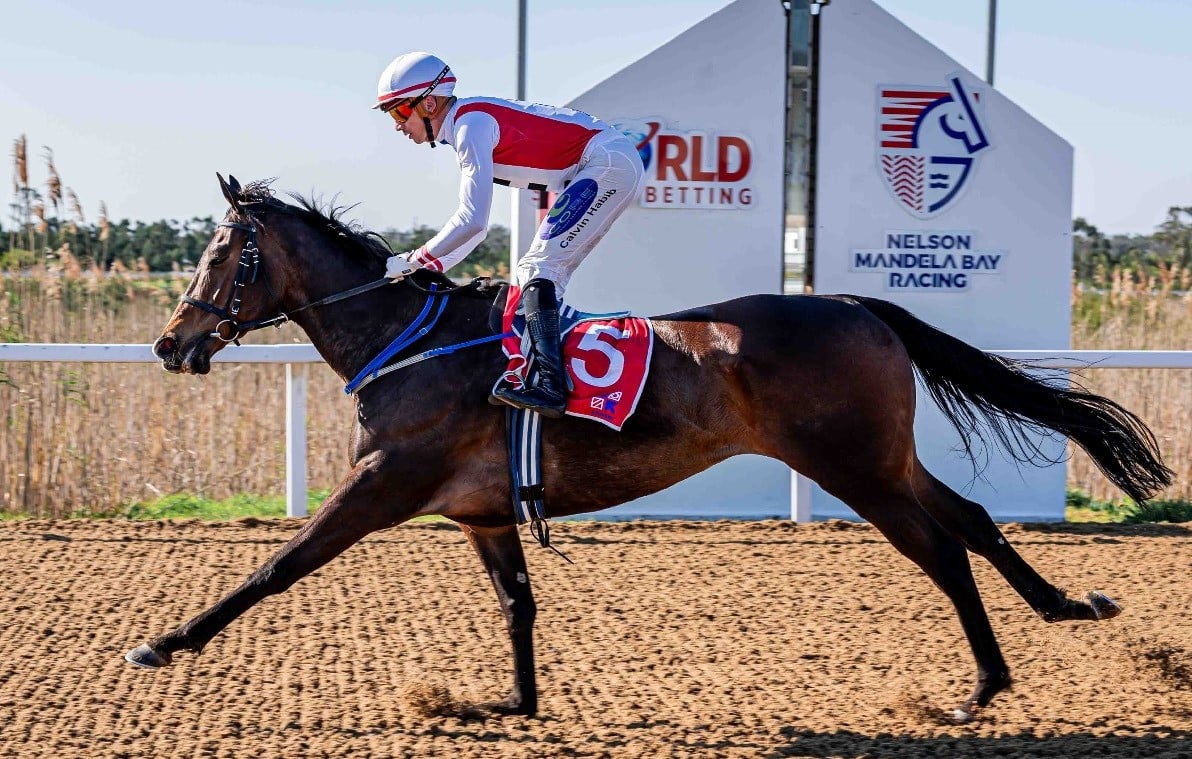Winston Churchill once said, ‘You shape your houses and then they shape you.’
That wisdom applies to businesses as well and Warren Buffet, that guru of investment, says that “Imperial corporate palaces induce imperious behaviour”
Owner and Breeder, Paulo Do Carmo, writes that now more than ever, in what Oxford’s Saiid Business School calls the 4th Industrial Revolution, companies are under increased pressure to innovate and make their products, operations and business models, more compelling and competitive – some just looking for ways to survive.
![]() Digital technology and its related technological and economic changes are key to fundamental social change and adjacently provide for the urgent and vital adaptation in the way leaders…lead.
Digital technology and its related technological and economic changes are key to fundamental social change and adjacently provide for the urgent and vital adaptation in the way leaders…lead.
A shift from the “command and control” approach, with perceived superior information and knowledge and the covert use of financial data, information and rewards, to a new proposition, where staff, shareholders, stakeholders, suppliers, and importantly customers, require influence and access to resources. Leaders are now required to develop a sense of purpose and meaning, with evidence based accountability in a context of inclusion and partnership.
A change from Ego type leadership, focusing on the self, to an Eco style of leadership, focused on the system. More about this later.
What does all of this have to do with Racing, Sport or the betting or management of both?
Leaders in and amongst the stakeholders of racing, “new” and old, are prime for this change, and before they all start dismissing the keyboard warriors, or chastising anyone for offering criticism without solutions or proposals that are relevant and executable, I bring you just that, the why and the how?
A proposed change in thinking,an offer of a stepping stone that may just bring about some much needed solutions.
Our racing industry leaders today, are under increasing scrutiny from all angles.
 Technological advances have made data available to all and the demand for transparency, both in the actual business and in its compliance, as well as their public status, are directly affected by this.
Technological advances have made data available to all and the demand for transparency, both in the actual business and in its compliance, as well as their public status, are directly affected by this.
Perception and competence indexes are constantly being examined and motives questioned.
Trust is at an all time low, and with these low levels comes lower effectiveness coefficients and lesser levels of support from the larger audience.
This is not unique to racing, and certainly not just in South Africa, but its vital for racing and its leaders to take note.
In the US, the Pew Research Centre has 50% of over 50’s, 60% of those between 30-49 and 685 of those 18-29, not trusting or having confidence in Business Leaders.
This demographic is by all intents and purposes, representative of the general customer base of racing.

Leaders no longer exude the power of the past. Leaders themselves, in a recent Business UK survey, expressed that their “roles are constrained”, “undermined”, “exposed” and generally “accountable for past, present and future”.
It’s not easy and as the world changes, leaders are in a constant race to adapt and vary their own skills and competencies.
So how do the leaders in racing’s many operating and related entities, get better at what they are doing? What should they be better at?
It is clear from the wide ranging criticisms, and the results of a recent poll that faith in the leading organisations, including PGL, is at an all time low. Things must change, are the changes imminent? How?

They need to shape the context of their undertaking rather than working from the front – top down. A recent paper, highlighting a bottom up way of thinking was largely ignored by those concerned, but in today’s leadership landscape it is vital that those in positions of power take heed.
Leaders need to be working with the “enemy” and reach out to the opposition, both in and out of the organisation.
Bygone ideas to oppose and ignore the undesirables, are exactly that, bygone – the “enemy” needs to be included in the context.
Critics and opponents need to be engaged in light of the changes in the business environment. Conflict is the norm today and commitment loyalty and trust are easily replaced by transactional relationships based on offerings – trust is earned, not de-facto.
Leadership must expect criticism and improve its conflict management skills. Spend time with the opposition.
Granted, this is a difficult challenge, often a sword of double edge, but when slinging matches with critics enters a contest versus accountability for things that cannot be entirely controlled – the latter is always the ultimate winner.
There are few, if any secrets at the top, and the top is a glass house, with an open door – “Everyone has access” – The things you want them to know and the things you don’t.
 Lead in the open. Bravery and competency is required. Objections, criticism and suggestions need to be debated. Restricting access to knowledge and information as a form of management and leadership is no longer effective – quite the opposite, accepting vulnerabilities, ignorance and mistakes, provides an ability to correct and engage.
Lead in the open. Bravery and competency is required. Objections, criticism and suggestions need to be debated. Restricting access to knowledge and information as a form of management and leadership is no longer effective – quite the opposite, accepting vulnerabilities, ignorance and mistakes, provides an ability to correct and engage.
Leaders need to be comfortable learning in public.
Sue Dobson says “Connecting is as important as directing” and no organisation is an island nor a culture.
Customers, workers and stakeholders are diverse in both culture, background, knowledge base and opinion. Leaders need to accept their own opinion is one amongst many and perhaps it isn’t the right one. Work with plurality.
Good ideas come from everywhere – our leaders need to reach out and include all stakeholders, even through the media they access.
“These days its all about subtler forms of influence, with Social Media, your blog, forums and and podcasts”. Its not about command and control.
Many leaders use external influencers within their business, yet forget that their customers and stakeholders are their greatest influence asset, negative or positive.
Develop a sense of generosity to different points of view, accepting diversity of opinion, recognising assumption and prejudices – customers have multiple identities, home, community, work, punter, owner – make better use of the plurality.
Leaders are only followed when they understand the people in the world they operate in.
They need to be able to describe and explain the context of the organisation and its status and direction. This inspires following.
Note the transparency, consultative process and clarity in President Ramaphosa’s approach and narrative, exploited to Covid-19 crisis management with his stakeholders and citizens (customers).
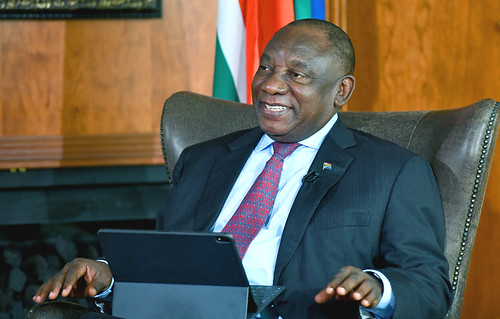
Leaders need to develop the narrative, shape the story now and going forward, rather than work with the inherited.
In racing we understand what today’s leaders have inherited from those rumoured to have “captured” but, we need to create collaborative and supportive conditions for the new narrative and in so doing, enable a sense of purpose.
Work and business is more than reaching an objective.
Staff and customers, want to see social and economically meaningful outcomes. They want to feel the organisation contributes positively to society and themselves, above and beyond shareholder value.
As discussed previously, and note the importance, as I reiterate, leadership today is not a person. It is an interlocked system of factors united into one uniforming quality, involving the leader, his followers, the actual situation and its context.
It’s a significant shift from the Ego or the hero type leader, toward the Eco, an organisational system imbued in other systems – an ecosystem.
This shift can only be achieved when,
- Leaders shape the conversation – What is the organisation doing? What is the organisation talking about? Don’t describe the reality, everyone knows it – Shape it! It’s a conversation, a way of talking about things with people at all levels, in and out of the organisation. Secret narratives from task forces that are incognito in identity and performance do little to inspire confidence. Horizontal and bottom up leadership is now more relevant than top down.
- Knowledge exists everywhere. Networks and collectives as much as individuals – cultivate this collective intelligence. Releasing it will being answers. Connect with the educated based, reverse the hierarchical pyramid decentralise control and view leadership as a part of the system and encourage contributions into it. John Stokes tells us “Say what you think, yet listen for ways you might be wrong”
- organisations exist because of context. Nudge the context. Develop the contextual knowledge and nurture the ecosystem that feeds it – understand it, its trends and perceptions. Leaders are no longer like farmers who grow crops, because farmers no longer grow crops – Farmers create conditions for crops to grow, or in this context no longer administrators/stakeholders who run races, but administrators/stakeholders who create conditions for racing and betting to exist. Encourage curiosity and questioning and create and seek a rich feedback environment, and then frequently and constructively provide it to others. Do not fear the critics and the keyboard warriors.
- Ignore the current structure and co-create a new structure. Organisational structures are often seen by leaders and organisations as a defence against uncertainty but in a changing world structures are often risk creators and misleading, hinderances to growth. Structures need to evolve, enabling agency and participation. Maintaining status quo with structures, risks a constraint on further development and an ability to solve problems. “Cultures self propagate”
- Increase participation to others in order to solve complex problems. exclusion of others from problem analysis and solution provision, derives creativity and of access to multiple perspectives. Leaders need to assure that conflicting and different ideas can be debated and argued, not forced out.
In saying this, not all has to change.
We seek leaders because we need a sense of security and reassurance.
We need co-ordinated direction, but we also have an inherent desire to belong and whilst there are many leadership styles, some of them very successful throughout the ages, the dominant and defiant, leader centric style, is now outdated and as the proof of in the pudding suggests – highly ineffective.
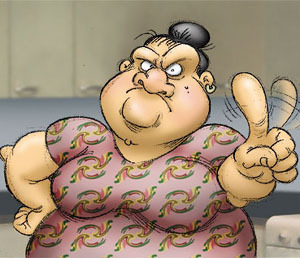 The one thing we, and leaders can be certain of, is that uncertainty and change is permanent and disruption to existing practices is ongoing and perpetual.
The one thing we, and leaders can be certain of, is that uncertainty and change is permanent and disruption to existing practices is ongoing and perpetual.
Predicting the future is impossible, note Covid19, Negative Oil Futures, negative interest rates, climate change, digital disruption amongst the plethora of recent black swans to surface in the global business environments.
In the face of this uncertainty, the modern leader absolutely needs to lean into uncertainty, because today’s risk is focusing on the known – that comfortable feeling that customers want today what they wanted yesterday.
This validity has expired.
Leaders need to get comfortable with unpredictability, ambiguity and paradox – remember, everyone is facing this, shareholders, stakeholders, colleagues and customers – leaders are not exclusive to uncertainty, but they must act decisively whilst holding this uncertainty in hand.
Uncertainty is the new landscape – acknowledge it, accept, it, live in it, lead in it, but don’t forget to shift from Ego to Eco.
- First published on Turf Talk






